|
by Mareta Weed Auke Bay Elementary, 3rd Grade There is professional development, and then there are the classes you sit through and can’t wait to try the concepts out with your students. That is how I felt when I attended Richard Jenkins' Super Powered Stories Workshop on a sunny Saturday in March. Like a lot of classes my group of third graders love to draw, but getting them to write can be a struggle. That morning, while creating my own super hero, I could definitely see how engaged my students would be and I could just imagine the backstories that they would write to go with their created heroes. The problem was, we had just finished a narrative unit and we needed to do some informational writing. Wasn’t I always reminding students that expository text could be fiction? An idea was born. Students could practice their sentence writing by creating a paragraph about their hero, and then create a diagram labeling the different parts of their hero. The end result would be a poster. I was ready for Monday; well, sort of. As I had been absent the previous Friday, my students had attended their own class, a kids version of Richard Jenkins' lesson, without me. Would students still have their work from Friday? Probably not. How much would they remember from their class? If we repeated the lesson would they be bored? “But Mrs, Weed, we’ve done this before”. I decided to have students start from scratch, with the expectation if they liked one of the characters they created before, they could create a final draft of that character. Monday started off without a hitch with students telling me what they had remembered from the following Friday. We got started with a warm up, and I waited for the whine, “but we did this Friday!” It never happened and believe me, I was prepared for it. I didn’t even hear it when we started to talk about creating the rough drafts of our heroes, going through the steps that students had gone through with Richard three days prior. Students were engaged the whole time. Yes, I got the occasional reminder about how to do the next step, but my class was really into about the entire process. I did model and go over concepts a little faster then I would have done with a class that had never seen it before. Overall, the class kept up; when they were done with their heroes, they worked on their villains. But would this engagement continue as we progressed through the process of publishing our work – going past the point at which they were redoing what they had done with Richard earlier? Yep. Students were thrilled to take their rough drafts and create larger, bigger versions of their heroes. But we then had the hurdle of permanency of inking. It was great to give students the freedom of “not tracing” that inking provides. Students were still able to make changes and work with mistakes that were made. Were there still mistakes? Yes, but students worked with them rather than completely giving up. When students were finished inking and coloring, I took their heroes down to the color copier to make smaller versions that would fit on the posters they would be creating. They were thrilled to see their copies, which carried over to their writing. Students were instructed that their paragraphs were to inform about what type of hero their superhero was. Where they courageous? Serious? A jokester? They were given the option of a paragraph frame to help them organize their paragraph. There was a wide variety of traits, though some students did get confused and wrote origin stories. Even my most reluctant writer took his home, on his own will, so that he could finish. As students finished their paragraphs, they got to assemble their posters. Many chose to include more text features, like a sidebar, and added typographic flair to their titles.
All in all, students had buy-in and were captivated throughout the entire process. We ended up finishing right before spring break, a time when students attention could be hard to keep.
0 Comments
Leave a Reply. |
ArtStoriesA collection of JSD teachers' arts integration classroom experiences Categories
All
|
|
|
Artful Teaching is a collaborative project of the Juneau School District, University of Alaska Southeast, and the Juneau Arts and Humanities Council.
|
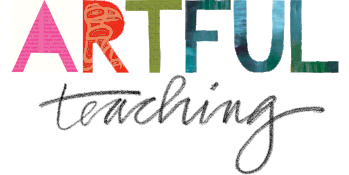
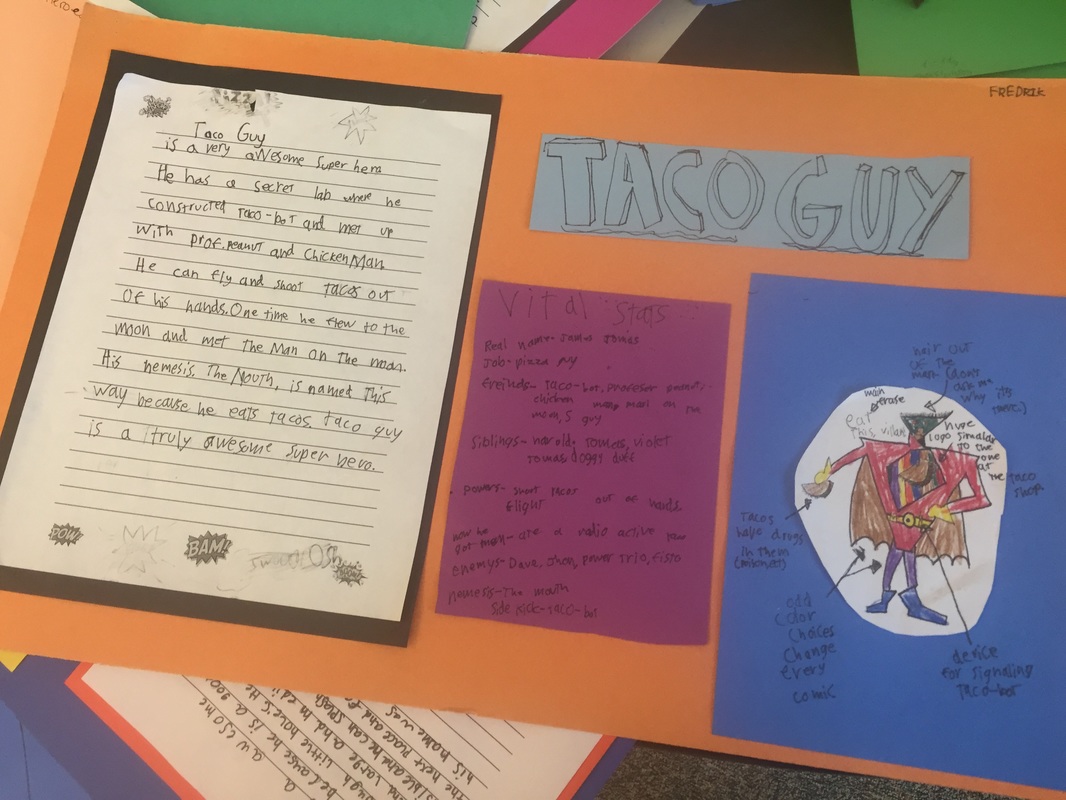
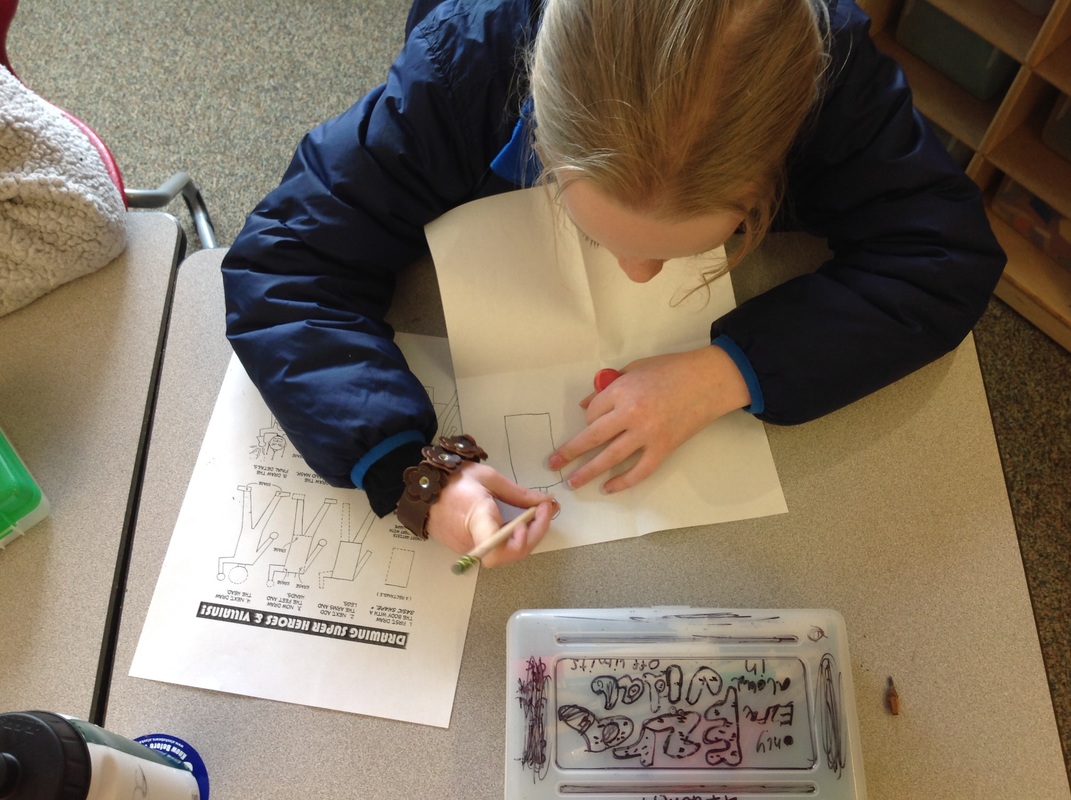
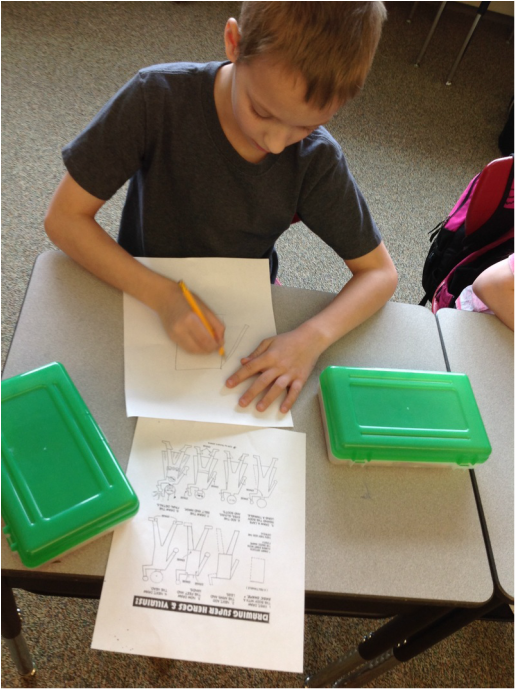
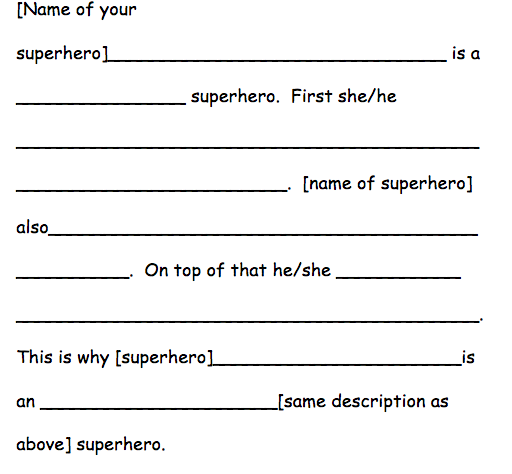
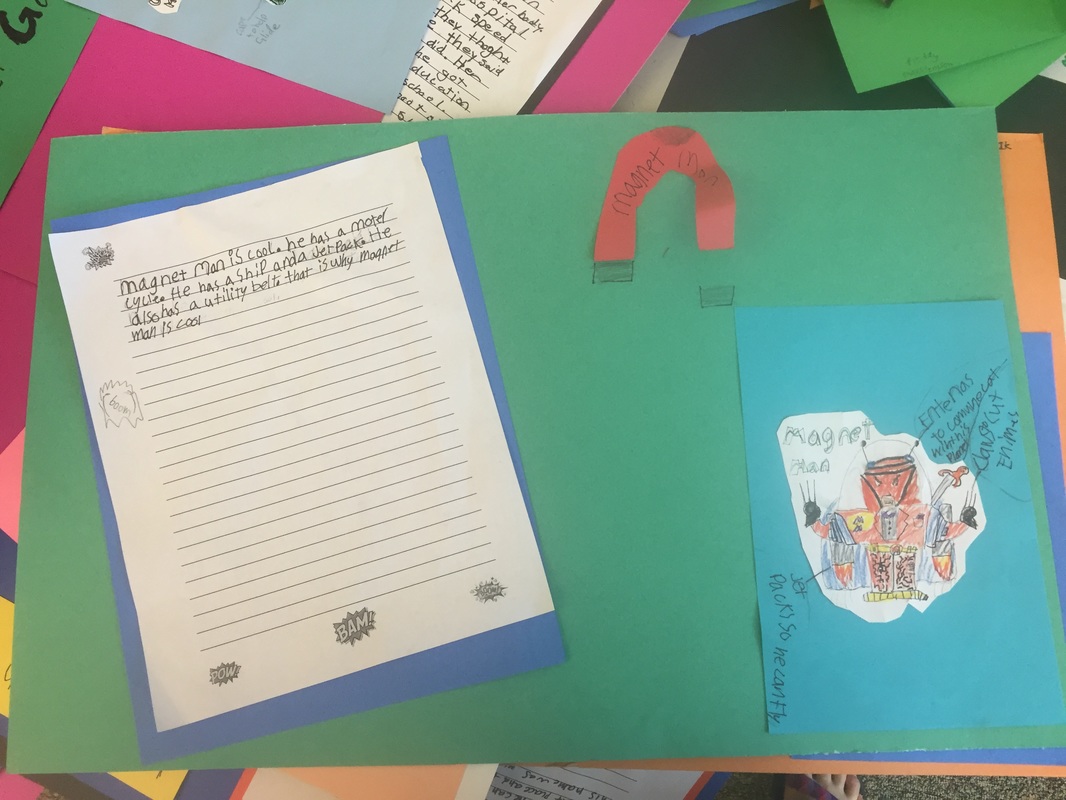
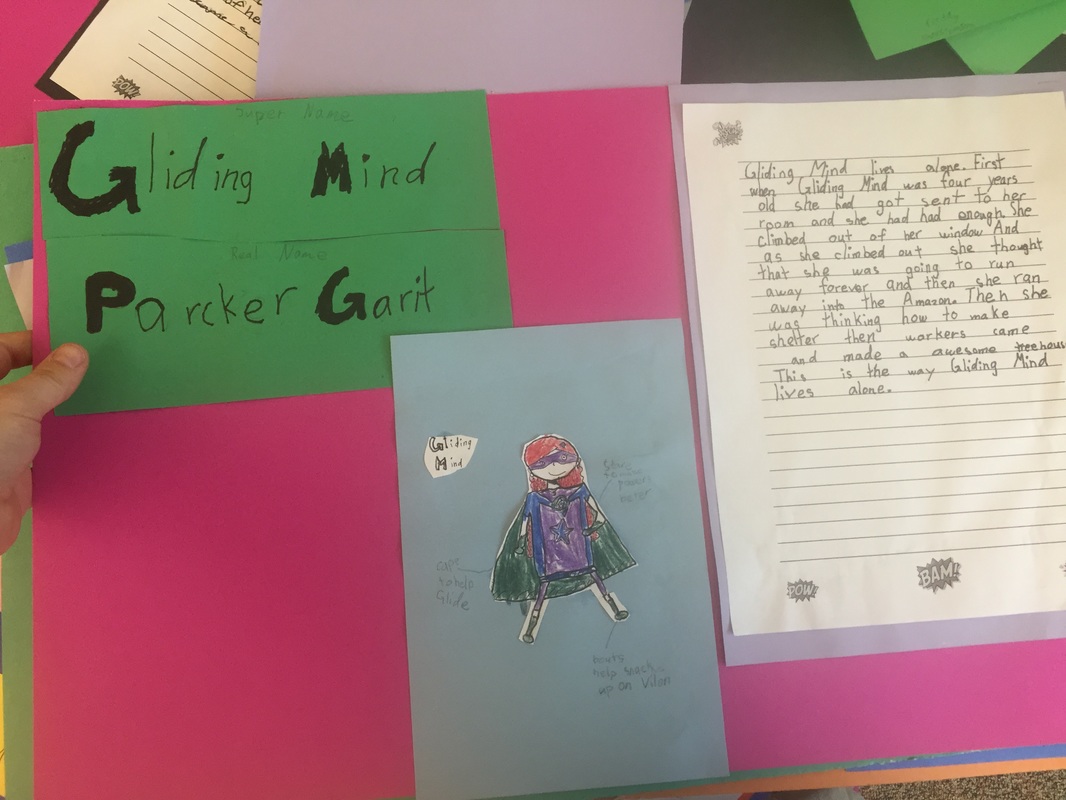
 RSS Feed
RSS Feed